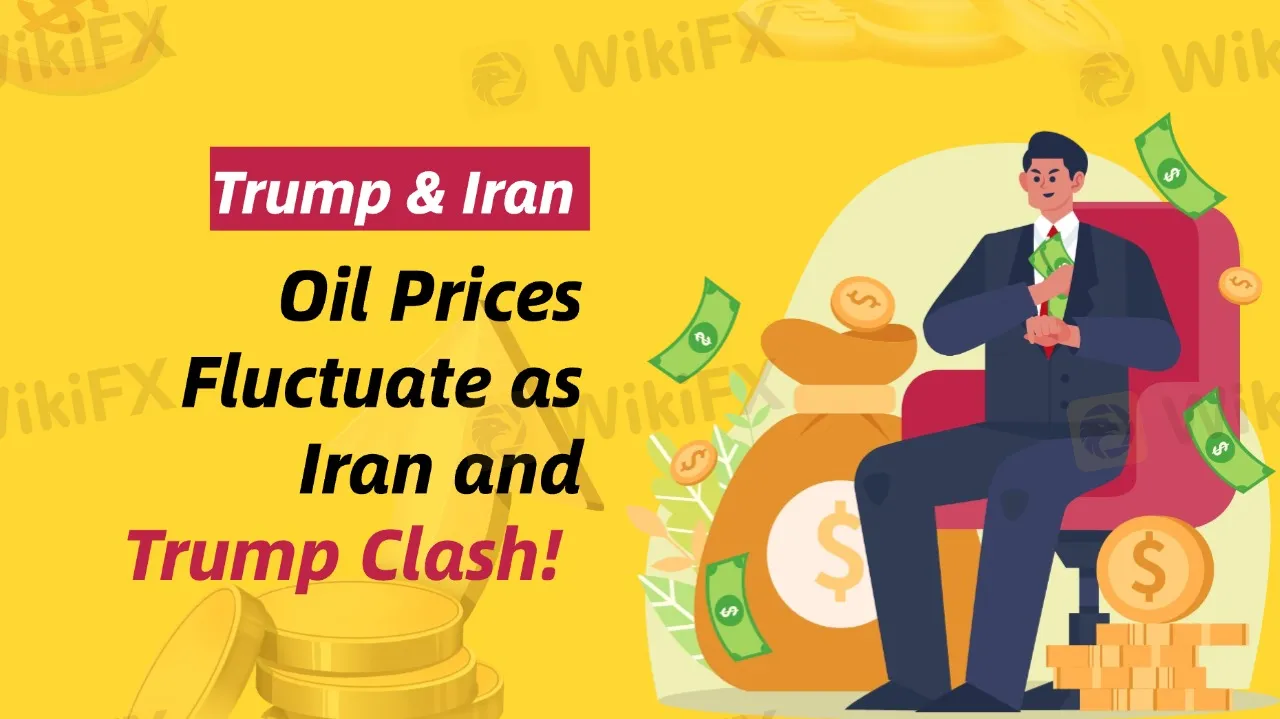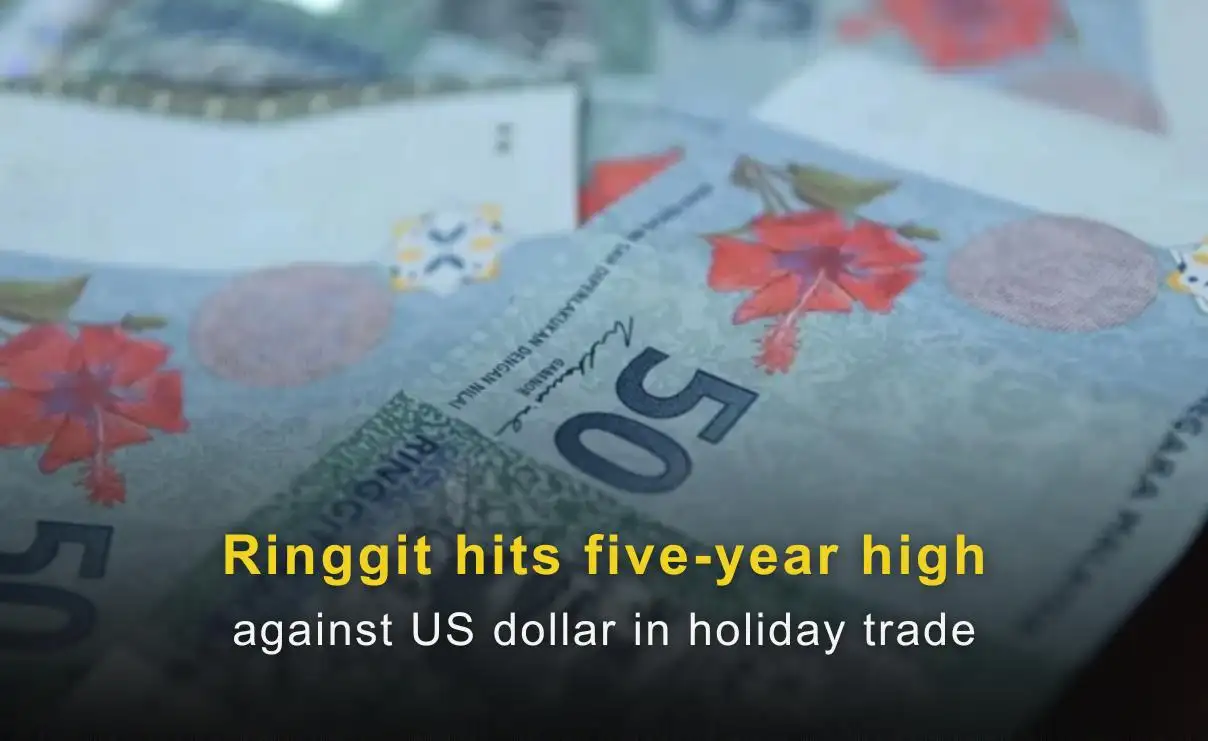Abstract:As Trump once again implements the "maximum pressure" policy on Iran, oil prices have become increasingly volatile, and the atmosphere in the international markets has grown more tense.

The Iranian government has consistently stated that it is willing to negotiate with the U.S., but under the condition that such talks are not conducted within the framework of the “maximum pressure” policy. Iranian Foreign Minister Abbas Araghchi clearly stated that any negotiations for lifting sanctions must be based on equality and respect, not under the threat of “maximum pressure,” as this cannot be considered negotiation, but rather surrendering to Iran.
Additionally, Iran‘s Supreme Leader Ayatollah Ali Khamenei has explicitly pointed out that he does not support negotiations with the U.S., calling Trump’s diplomatic policy reckless.
Trump's Pressure on Iran
The Trump administration not only withdrew from the Iran nuclear deal but also reinstated severe sanctions on Iran, even targeting the countrys oil exports. After the U.S. withdrew from the agreement in 2018, Trump attempted to force Iran to make concessions on nuclear issues through economic pressure. Recently, the U.S. intensified its sanctions on Iran, announcing sanctions on individuals and companies involved in transporting Iranian oil to China.
Trump has clearly stated that Iran cannot possess nuclear weapons and has called for a “verified nuclear peace agreement,” while Iran insists that its nuclear program is for peaceful purposes and denies any intention to develop nuclear weapons. As sanctions continue to escalate, the tension between the two sides is also increasing.
In response to Trump‘s “maximum pressure,” Iran has taken a hard stance, stating that it will never negotiate under the increasing sanctions. Iranian Oil Minister Bijan Zanganeh stated directly that Trump's maximum pressure policy, particularly the aim to reduce Iran's oil exports to zero, has failed. As restrictions on Iranian oil exports become more severe, Iran's countermeasures become more complex, showing that the U.S. cannot easily achieve its goal of bringing Iran’s oil exports to zero.
The ongoing battle between Iran and Trump has created a volatile situation for oil prices. For global investors, closely monitoring the diplomatic and economic policy developments between the two countries will help in navigating the opportunities and risks posed by oil price fluctuations.








